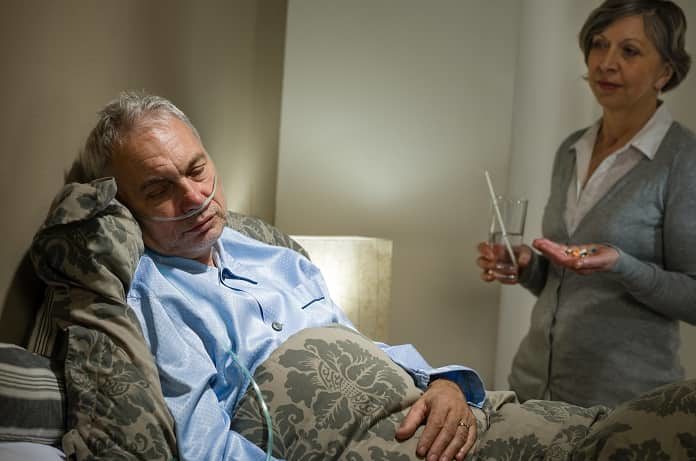A new study published in JAMA Internal Medicine examines whether collaborative care increases the abstinence rates from opioid and alcohol use.
The chronic use of alcohol and drugs has led to an increase in mortality rates due to alcohol-related liver diseases and drug overdoses. Substance use disorders continue to be under-identified and undertreated. Primary care is an important method for treating opioid and alcohol use disorders (OAUD), however, this specialty care alone is insufficient to address all the necessary treatments and is limited in availability.
Collaborative care involves integrating behavioural health into primary care. Collaborative care offers an effective strategy for increasing the delivery of evidence-based treatment and improving outcomes, however, it has not been tested for treating OAUD.
A study funded by the National Institute on Drug Abuse (NIDA) and published in the JAMA Internal Medicine examined the efficacy of collaborative care to improve treatment outcomes for those with OAUD. Researchers conducted a randomized clinical trial to determine if a collaborative care based intervention would improve patient use of evidence-based treatments for OAUD and increase self-reported abstinence.
A total of 377 participants were recruited between June 3, 2014, and January 15, 2016, and followed for six months. Of the 377 participants, 187 were randomized to a collaborative care approach while the remaining 190 were randomized to usual care. Furthermore, collaborative care also provided either six psychotherapy treatments and/or medication-assisted treatment with either sublingual buprenorphine/naloxone for opioid use disorders or long-acting injectable naltrexone for alcohol use disorders.
The collaborative care (CC) intervention utilized a population-based management approach, measurement-based care and integration of addiction expertise through a RAND-based clinical psychologist affiliated with the Motivational Interviewing Network of Trainers. Care coordinators regularly met with participants to assess motivation and encourage patients to meet with therapists for evaluation and treatment planning. Care coordinators also conducted regular assessments of substance use, after which the results were entered into a participant registry and reviewed by the researchers. Participants were regularly counselled by therapists specialized in counselling and social work.
After six months, the results showed that a higher proportion of participants who received the CC versus the standard primary care reported abstinence from opioids and alcohol. It appears that a more holistic approach utilizing different facets of the healthcare system (mental health, primary care, counselling) is the most effective when combating addiction-related illnesses or disorders.
The nation is facing an opioid endemic, with western Canada experiencing the highest rate of mortalities. Fentanyl use has drastically increased and those battling addictions are clearly in need of healthcare resources to overcome addiction. Collaborative care could prove to be a very effective intervention when helping individuals curbing opioid and alcohol addictions.
Written by Devang Nijsure, MSc
Reference: Watkins KE, Ober AJ, Lamp K, et al. Collaborative Care for Opioid and Alcohol Use Disorders in Primary CareThe SUMMIT Randomized Clinical Trial. 2017;2138:1-9. doi:10.1001/jamainternmed.2017.3947.



